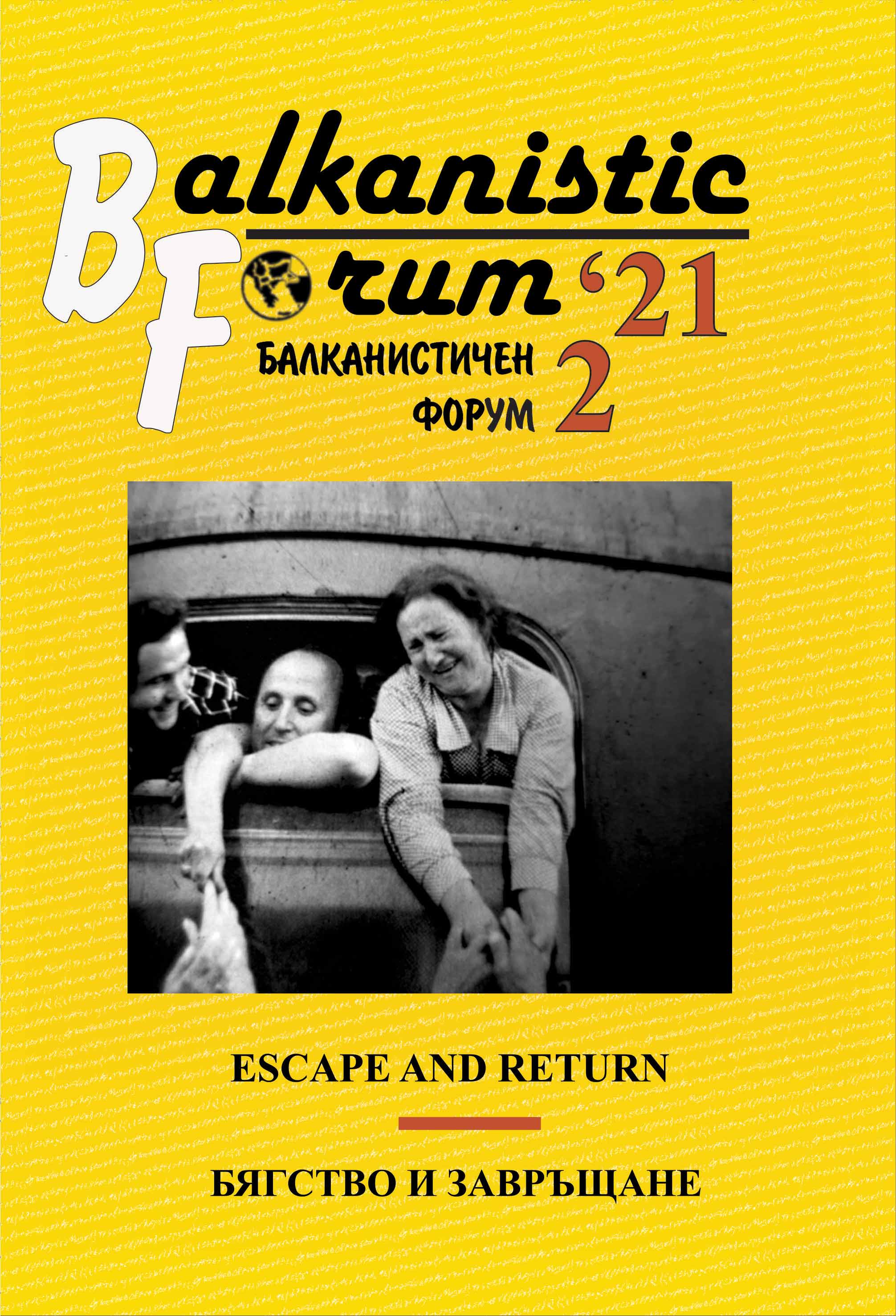Social Media Escapism: Exploratory Study of the use of Digital Media by Tirana University Students of English Language
Social Media Escapism: Exploratory Study of the use of Digital Media by Tirana University Students of English Language
Author(s): Iris KlosiSubject(s): Social Sciences, Media studies, Communication studies
Published by: ЮГОЗАПАДЕН УНИВЕРСИТЕТ »НЕОФИТ РИЛСКИ«
Keywords: social media; escapism; English language; Covid-19; discourse analysis
Summary/Abstract: The stress and anxiety resulting from the COVID-19 pandemic has lead to a significant increase in escapist media-based coping. This paper examines the impact of the Covid-19 pandemic on social media escapist activities by the students at the State University of Tirana. In total 52 undergraduate and graduate students aged 20-24 were involved in the study. The students reported 39 digital media involved in their escapist activities, with media sharing networks having a dominant role. From the analysis of their discussion of the motivations and different forms of escapist activities using social media, 5 different but interrelated discourses emerged: (1) Social media have both positive and negative aspects; (2) Social media escapism distorts reality; (3) Social media offer easy and affordable ways to escape; (4) Social media escapism needs to be managed to avoid addiction; and (5) Social media escapism enhances English language skills. The impacts of the Covid-19 pandemic through restrictions on socializing, face-to-face interaction and online teaching were discussed within and across the identified discourses. Increasing their communicative competence in English while interacting with people of different cultural background, including English native speakers was one of most the positive aspects in students’ discussions of social media escapism. The stress and anxiety resulting from the COVID-19 pandemic has lead to a significant increase in escapist media-based coping. This paper examines the impact of the Covid-19 pandemic on social media escapist activities by the students at the State University of Tirana. In total 52 undergraduate and graduate students aged 20-24 were involved in the study. The students reported 39 digital media involved in their escapist activities, with media sharing networks having a dominant role. From the analysis of their discussion of the motivations and different forms of escapist activities using social media, 5 different but interrelated discourses emerged: (1) Social media have both positive and negative aspects; (2) Social media escapism distorts reality; (3) Social media offer easy and affordable ways to escape; (4) Social media escapism needs to be managed to avoid addiction; and (5) Social media escapism enhances English language skills. The impacts of the Covid-19 pandemic through restrictions on socializing, face-to-face interaction and online teaching were discussed within and across the identified discourses. Increasing their communicative competence in English while interacting with people of different cultural background, including English native speakers was one of most the positive aspects in students’ discussions of social media escapism.
Journal: Балканистичен Форум
- Issue Year: 30/2021
- Issue No: 2
- Page Range: 196-211
- Page Count: 16
- Language: English
- Content File-PDF

